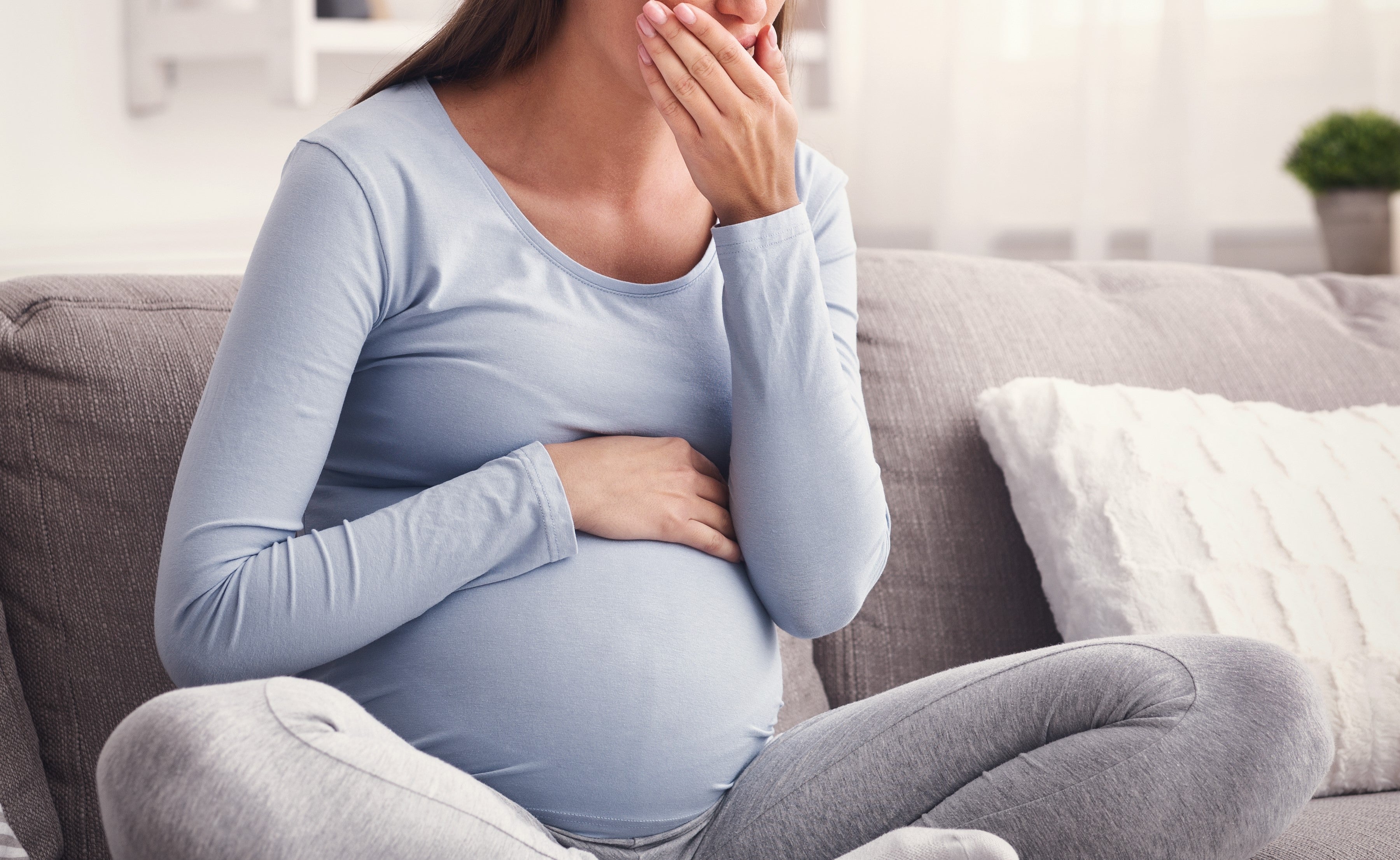
What Is Morning Sickness and When Does It Begin? Greendigo Gets Real!
In our blog post titled, “How To Embrace the (Morning) Sunshine and Eliminate the Sickness”, we talked about healthy ways to deal with morning sickness.
But let’s backtrack a little bit.
What is morning sickness, when does it start, and what should an expecting mom look out for?
Chances are, you’re already feeling the effects of this tummy ailment.
So, what better time to understand what’s happening to your body?
This read will only take up a few moments of your time and offer up a world of helpful and useful knowledge.
Morning sickness equals nausea and queasiness
Think vomiting, retching, puking, barfing (excuse our French).
An average of 50% to 80% of women experience some degree of nausea.
Ugh, it’s not pleasant, but it does eventually end.
This biliousness peaks from the middle (between 5 and 6 weeks of pregnancy) to the end of the first trimester; however, some women may experience an upset stomach for much longer.
Did you know, 87% of pregnant people will have their symptoms resolved by the 20-week mark?
If not, it may be time to contact your health care provider.
In cases that are severe, women may experience hyperemesis gravidarum.
This is when the nausea and vomiting results in serious fluid loss or loss of more than 5% of pre-pregnancy body weight.
Hyperemesis gravidarum may require going to the hospital for treatment.
Furthermore, contact your OBGYN if you experience the following symptoms:
- Inability to urinate, or producing a little urine that's dark in colour
- Inability to keep liquids down
- Feeling of dizziness when standing up
- Racing heart
Morning sickness can strike at any time of the day
Contrary to its name, this affliction of the tummy can occur anytime between dawn and dusk.
So, if you’ve experienced a nausea free morning, don’t get your hopes up just as yet, mamas.
Your stomach could begin to churn at noon.
The trick is to be prepared for any eventuality.
The cause for morning sickness is still relatively unknown
Experts have propounded a number of theories, however.
These include everything from a rise in pregnancy hormones, to slowed gastric emptying, which is a genetic predisposition, as well as psychological changes.
Other factors that might increase the likelihood of one experiencing morning sickness includes having a personal history of nausea and motion sickness, being pregnant with multiple babies (twins, triplets etc.), and having a mother or sister who has experienced the same.
Look to our guide on ways to combat this feeling and get through the first trimester.
We’ve outlined some simple home remedies that will ease the feeling of nausea and help make morning sickness somewhat manageable.
Remember, this is a natural part of the motherhood journey.
You’re not alone!
Acknowledge it, understand it, accept it.
Pretty soon, your bundle of joy will arrive and this will seem like old news.
We hope that this was reassuring and offered you some comfort and hope.



Leave a comment
This site is protected by hCaptcha and the hCaptcha Privacy Policy and Terms of Service apply.